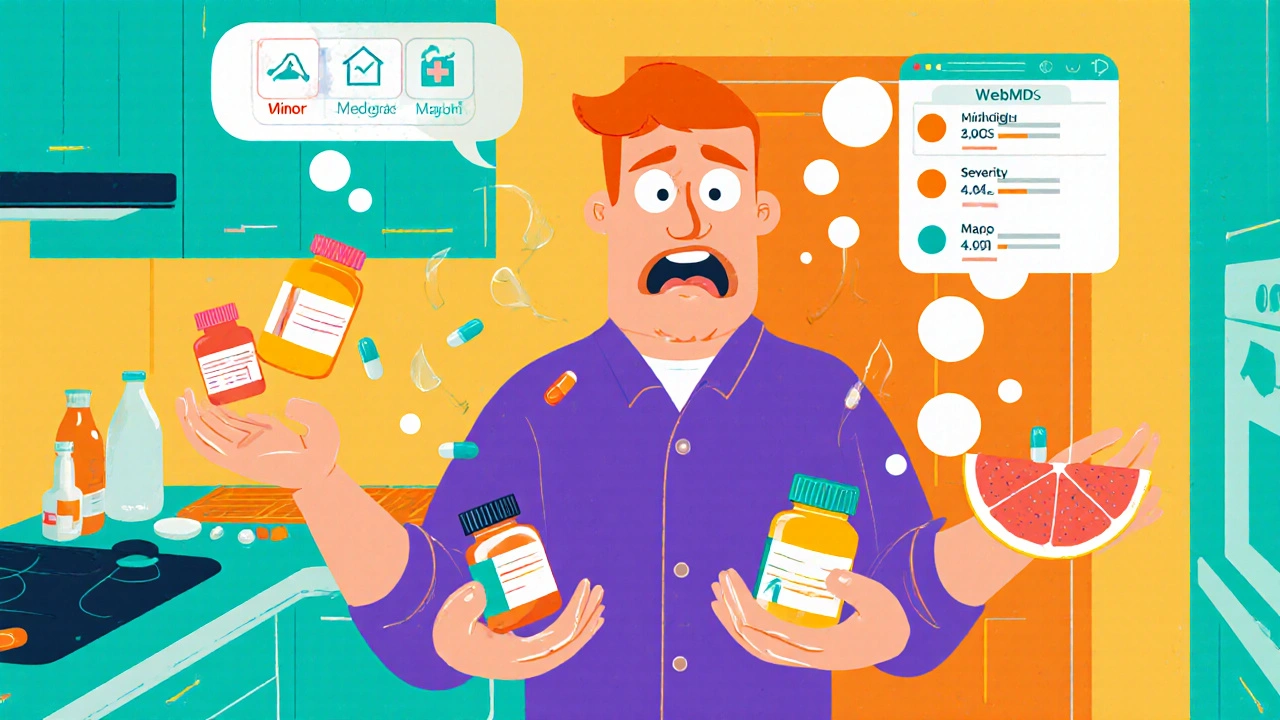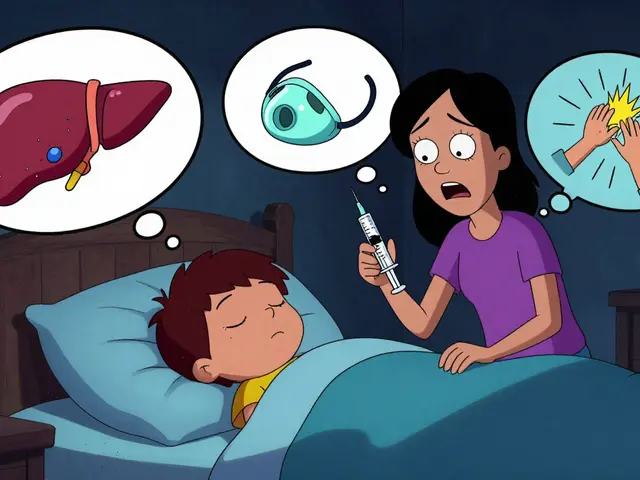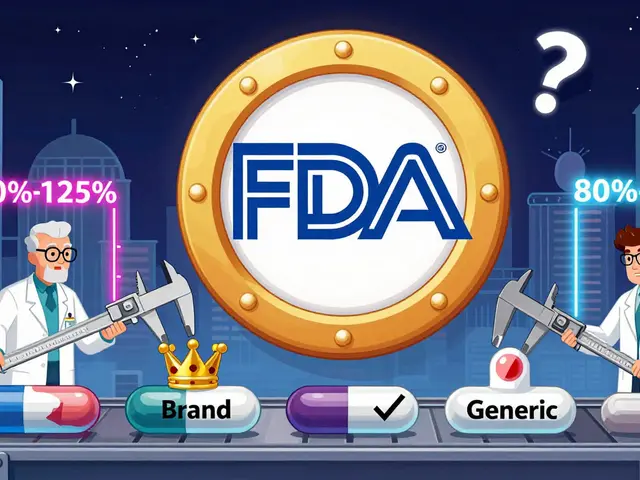FDA: What It Is, Why It Matters, and What You Need to Know
When you pick up a prescription or grab a bottle of ibuprofen off the shelf, you’re relying on the FDA, the U.S. Food and Drug Administration, the federal agency responsible for approving and monitoring medications, medical devices, and food safety. Also known as the U.S. Food and Drug Administration, it’s the gatekeeper between a new drug and your medicine cabinet. Without the FDA, there’d be no standard for safety, no proof that a pill actually works, and no way to know if a product was made in a clean facility. It’s not just bureaucracy—it’s the reason you can trust that the medicine you’re taking won’t harm you more than help.
The FDA doesn’t just approve drugs. It watches them after they hit the market, tracks side effects, and can pull a medication if risks outweigh benefits. That’s how we learned about the dangers of certain painkillers and why some nasal sprays come with strong warnings. It also sets rules for how companies label their products, so you know exactly what you’re taking—dosage, risks, and interactions. When you see a post about FDA guidelines on naloxone co-prescribing or the environmental impact of ezetimibe, those discussions only matter because the FDA has a say in how drugs are used, tracked, and regulated.
The agency works with doctors, researchers, and even patients to make sure treatments are both effective and safe. That’s why posts on this site cover things like steroid comparisons, antipsychotic choices, and generic drug buying guides—they all tie back to FDA-approved standards. Whether you’re managing HIV meds, treating migraines, or looking for hair loss solutions, the FDA’s decisions shape what’s available, how it’s prescribed, and how you can access it safely. You don’t need to be a scientist to understand its role—you just need to know that every time you take a pill, someone at the FDA checked it first.
What you’ll find here isn’t just a list of articles. It’s a collection of real-world examples showing how FDA rules touch your life—from the pain relievers you buy online to the antibiotics your doctor prescribes. These posts break down what those rules mean for you, how to spot when something doesn’t add up, and how to make smarter choices with your health.

How to Use FDA and WebMD Drug Interaction Checkers Safely
Learn how to safely use FDA and WebMD drug interaction checkers, understand their limits, compare features, and follow best practices to avoid harmful medication combos.




